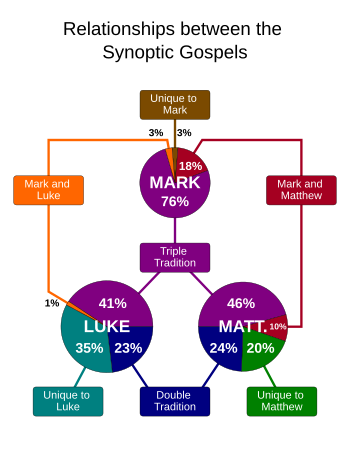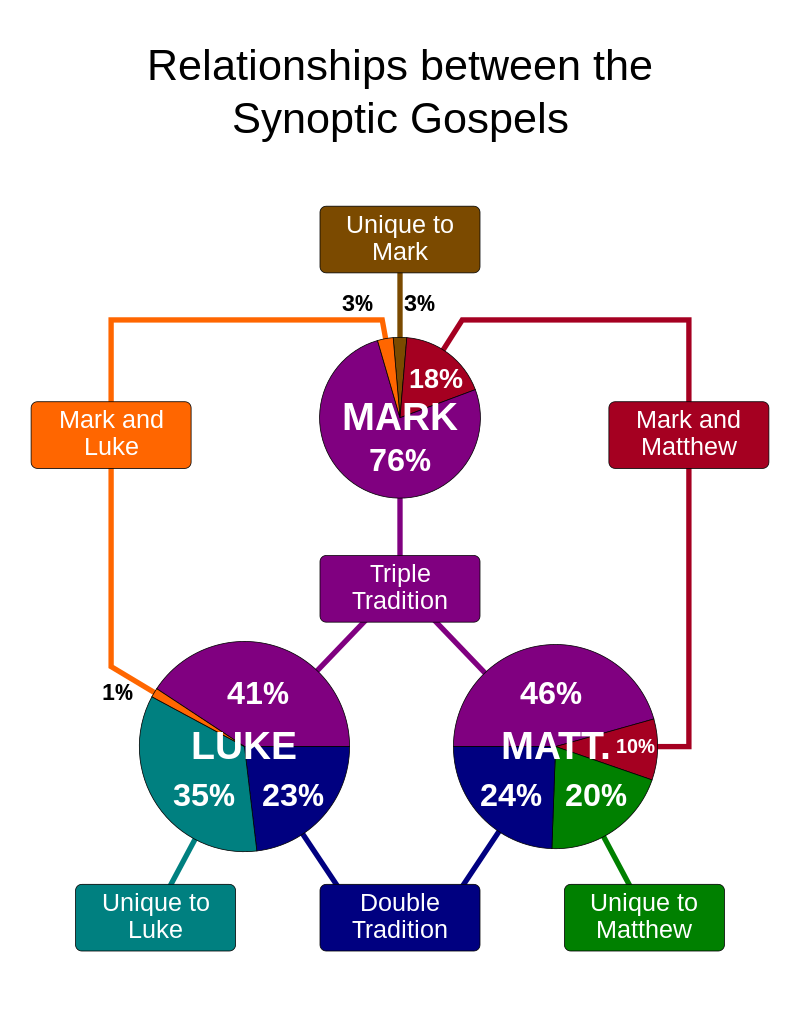Here's a few other verses from Chapter 27 which would give me serious concerns about taking all of Matthew 27 literally...
Jesus, when he had cried again with a loud voice, yielded up the ghost.
And, behold, the veil of the temple was rent in twain from the top to the bottom; and the earth did quake, and the rocks rent;
And the graves were opened; and many bodies of the saints which slept arose,
And came out of the graves after his resurrection, and went into the holy city, and appeared unto many.
Matthew 27:50-53
How about these verses from Chapter 28?
In the end of the sabbath, as it began to dawn toward the first day of the week, came Mary Magdalene and the other Mary to see the sepulchre.
And, behold, there was a great earthquake: for the angel of the Lord descended from heaven, and came and rolled back the stone from the door, and sat upon it.
His countenance was like lightning, and his raiment white as snow:
And for fear of him the keepers did shake, and became as dead men.
Matthew 28:1-4
Should we take these verses literally?
It shouldn't be suprising that so much allergory and symbolism are used in the Matthew. Consider Chapters 24 and 25 that constitute the Olivet discourse and a style that is unmistakenly apocalyptic interwoven with actual predictions about the future of the temple and the Jewish peoples.
So who wrote Matthew? We don't know but most scholars agree its wasn't Matthew the tax collector.
Matthew contains over 90% of the material in Mark providing evidence that Matthew used Mark as a primary source rather than Mark using Matthew as has previously been presumed.
So if that's the case, what did Mark say about the resurrection? As you are probably aware, most scholars believe that the ending to Mark that includes the resurrection, was added on at a much later stage.
Mark 16 - Wikipedia
The ‘original’ ending of Mark (Mark 16:1-8) does include reference to the resurrection.
None of the canonical NT has anyone witness the resurrection event itself. The other Gospels have witnesses to the risen Jesus but not Mark. In Mark, the tomb is found empty and a young man says that Jesus rose from the dead and went to Galilee.
Mark 16:9-20 is clearly a later add on. It s totally different from Mark’s normal writing style. It is a collage of re to events in later Gospels. Early manuscripts do not contain this section. And it is not the only ‘add-on’ to exist.
It seems to me that there are two possibilities concerning why Mark would end his Gospel that way. One is that this was an early tradition turned up by him while researching the subject as appears to be the case with several other passages. If this is the case it just might be the literal truth and a possible origin of the resurrection story. Alternatively, it might be the case that when Mark wrote sometime after 70 AD a resurrected Jesus was so much an accepted part of Christian belief that it did not need to be repeated. If this is the case, the point of Mark ending his Gospel there might be yet another lesson in the need for faith, a major point of Mark.
Matthew sought to enhance Mark’s story to avoid the obvious skeptic’s interpretation: that there was no resurrection, the body was stolen and a shill said Jesus rose from the dead and went away. (Matthew even mentions that exactly these stories were going around.) Towards this end, Matthew turns Mark’s young man into a super-dramatic angel descending from heaven to open the tomb. He has a guard placed on the tomb to prevent body snatching. He has witnesses to the risen Jesus both near the tomb and in Galilee.
The curious passage in Matthew 27:50-53 where graves open when Jesus dies but the occupants do not come out until after the resurrection of Jesus, which does not happen until Sunday. I am imagining Matthew making the death of Jesus more dramatic than Mark did, as he did with the resurrection, then remembering that Jesus has to be the ‘first fruits’ in Paul’s phrase, resurrected before anyone else. He then stuck in ‘after his resurrection’ to cover up that slip. By adding the phrase, Matthew now dramatizes the resurrection as well but without interfering with his main resurrection story in Matthew 28.
Matthew’s goal in all this was to cover up the credibility defects in Mark’s story. Although Matthew’s additions are obviously purposeful fiction, it is nonetheless clear that he
intended them to be taken literally. Otherwise the additions would not serve their purpose of supplanting Mark’s suspicious account. After all, what could Matthew’s account of the guards being bribed be symbolic of? The real purpose of that was to counter the stolen body story being told.
The Olivet Discourse in Matthew 24 is a close copy of Mark 13. Nothing in either place is meant symbolically. Mark’s main purpose in writing his Gospel was to strengthen faith in a swift return of Jesus as implied by Paul. The material in Mark suggests the death of Jesus to have been around 30 AD or so. Now it was after 70 AD and still no Jesus. In addition, the Messiah was to have defeated the enemies of Israel, which in that era meant Rome. But in the recent Jewish Revolt, Rome had come close to annihilating Israel, with Jerusalem and the Temple destroyed, the countryside ravaged and a million dead. If Jesus did not return as expected, the whole Christian message of a resurrection, judgment and reward for the righteous was in danger.
Here is where the cleverness of Mark comes into play. He re-imagines the destruction of the Temple not as a catastrophic defeat but as the foreshadowing of ultimate victory. This is to be the first sign of the beginning of the end of days, followed quickly by the return of Jesus and the gathering of the righteous to their eternal reward. That theme is straight out of Paul but Mark goes beyond Paul in linking all of this to the prophecies of Daniel. This includes the Son of Man appellation that Mark uses frequently and is the first to use (Paul knows nothing of it). It comes from Daniel 7:13-14. Mark also explicitly refers to the ’abomination of the desolation’ from Daniel 9:27.
By having the destruction of the Temple be prophesied by Jesus over 40 years before and have this be labeled as a sign of the beginning of the end, readers of Mark would understand that the end of days was just around the corner and that they should keep their faith. Mark makes the timing clear when he says in Mark 8:38 – Mark 9:1 that some of his listeners will still be alive when it all goes down. This is reiterated in Mark 13:30.
None of this was intended to be taken as symbolic. It was meant to be taken literally, that Jesus was really coming back very soon and the prophesied destruction of the Temple, already happened for Mark’s readers, was the sign of it. Otherwise it would have no value in restoring or bolstering faith. It is not that apocalyptic images are interwoven with the destruction of the Temple. They are all of a piece. It is all meant literally.
Matthew incorporated Mark’s Olivet Discourse virtually unchanged but it being now five or ten years later Matthew distances himself somewhat from just how soon Jesus is coming back, saying that ‘the master may be gone a long time’ Matthew 25, which immediately follows his Olivet discourse, has three sections. The first section is a parable. The five wise virgins took extra oil for their lamps. The foolish ones did not. The oil is faith. Be ready for the return of Jesus even if he is ‘a long time coming’. The second section is another parable. Its message is to not just wait around for Jesus but to do something that he will be pleased with.
Although the first two sections are parables, using the word ‘like’ to indicate they are not to be taken literally, the third section is not a parable. The word ‘like’ is not used. It is a straightforward prophecy of what will happen at the judgment when the Son of Man returns. It is about what he will be pleased with as the second parable foreshadows. And what is that? Charitable works done for their own sake and not just because of rules saying you have to. This behavior can be seen to arise from having the right attitude. In Mark 10:17-19, Jesus is asked how to obtain eternal life and replies with a set of action-oriented commandments. Matthew’s version in Matthew 19:16-19 has Jesus add ‘Love your neighbor as yourself’. The third section of Matthew 25 is plainly meant literally. Charity is essential. Failure to practice charity condemns one to eternal punishment. No reason to take this as other than literal.
Other than the parables in Matthew 25, plainly identified as such by Matthew, there is no reason to think any of this was not meant to be taken literally.
Concerning who wrote Matthew: Mark names the tax collector who followed Jesus Levi, with Matthew being a different Apostle. Luke follows suit. It has been speculated that the (anonymous) Gospel of Matthew was given that name because of this difference. I wonder if whoever wrote that Gospel might really have been named Matthew and did the switch from Mark’s version to put his name ‘up in lights’.



